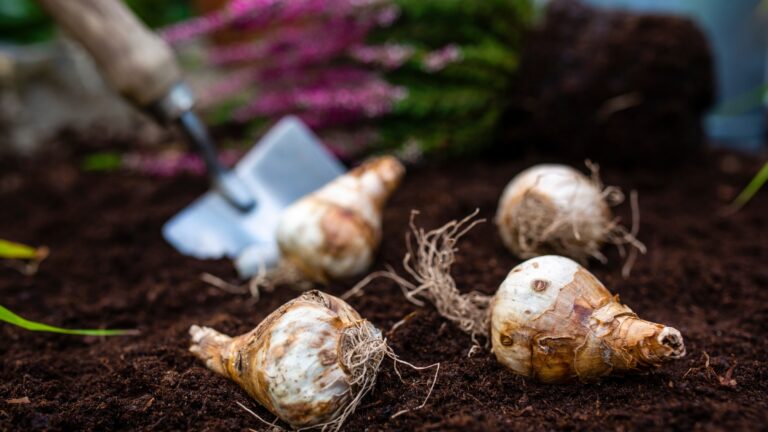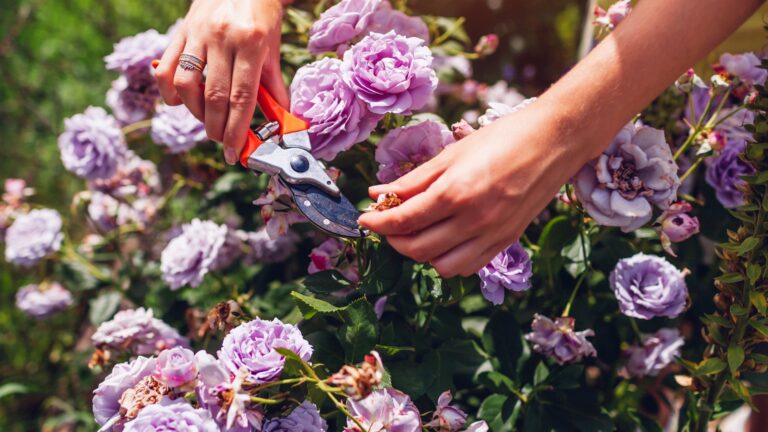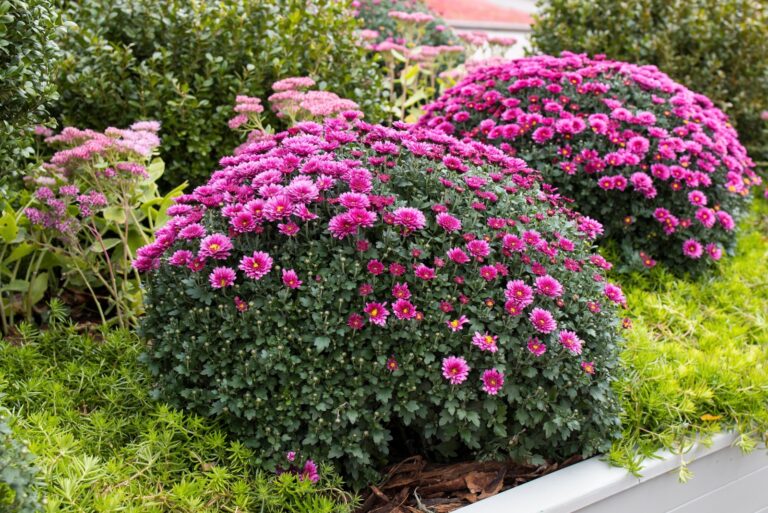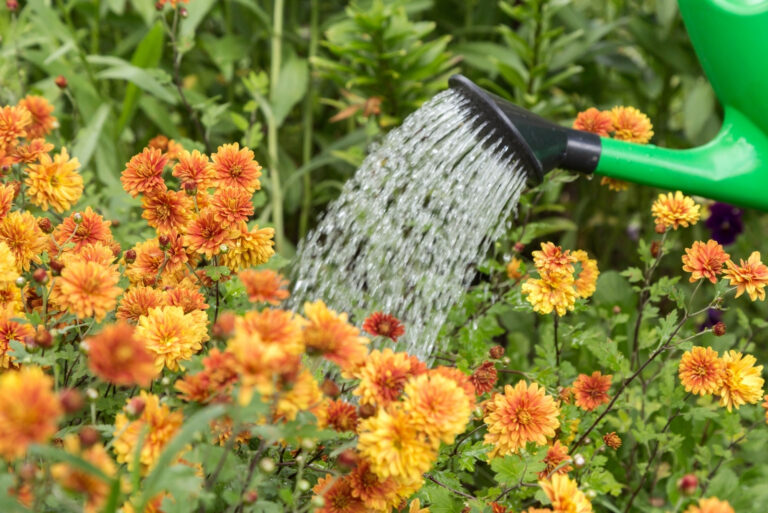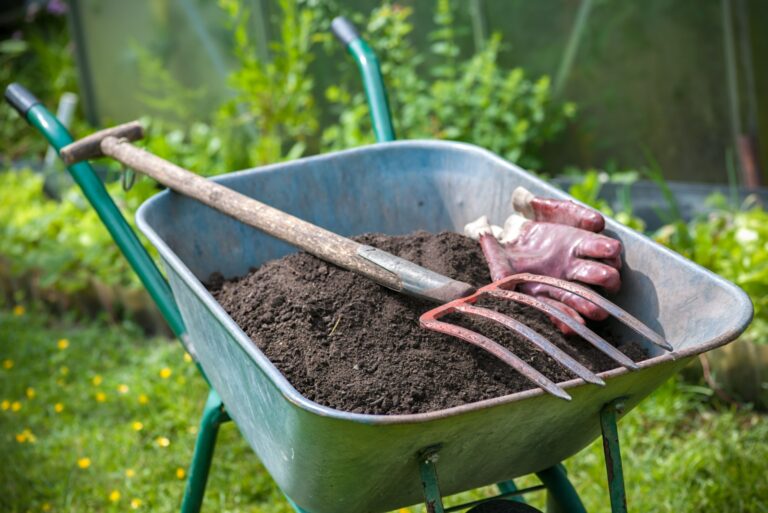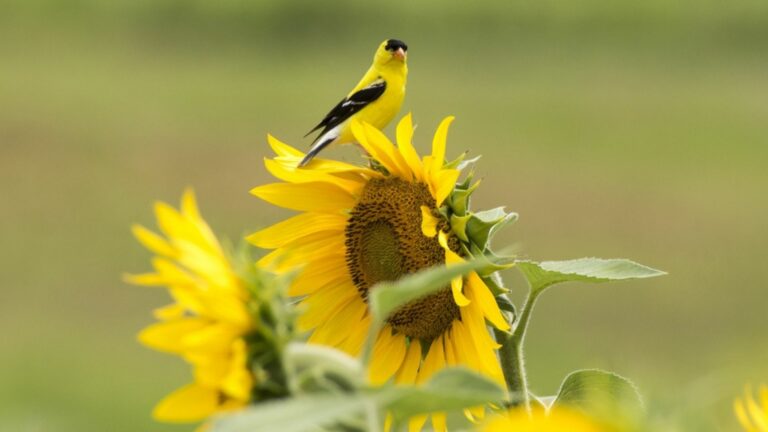12 Soil Additions That Cost More Than They’re Worth (And A Few That Actually Help)
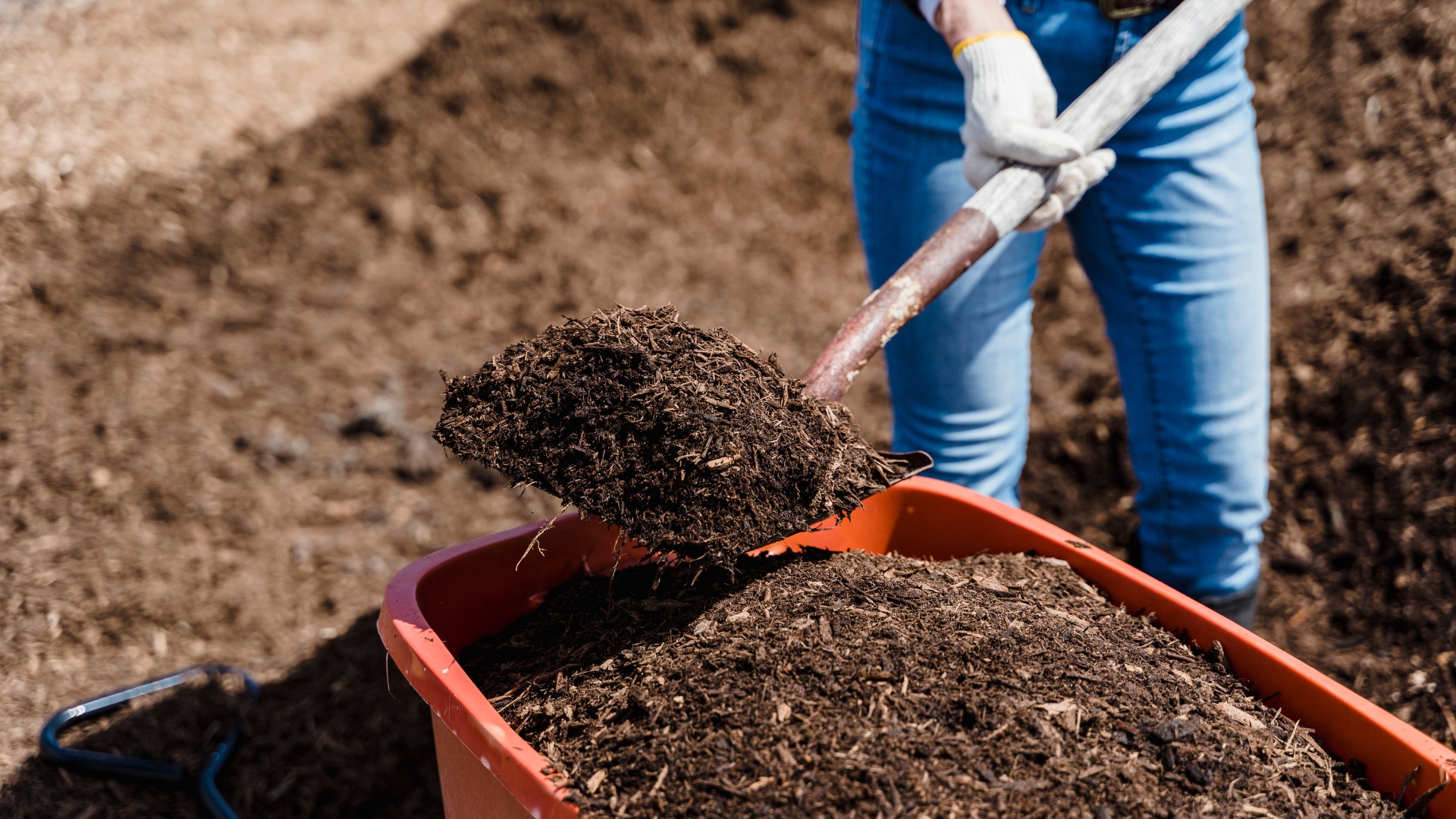
I’ve wasted money on fancy soil boosters that promised magic and did nothing. It’s easy to get pulled in when a product claims to fix everything, but not all of them deliver.
Over time, I’ve figured out which ones are just hype and which actually help plants grow better. If you’ve ever stood in the garden aisle feeling overwhelmed, I’ve been there too.
This list breaks it down so you can skip the gimmicks and stick to what really works.
1. Miracle-Gro Soil
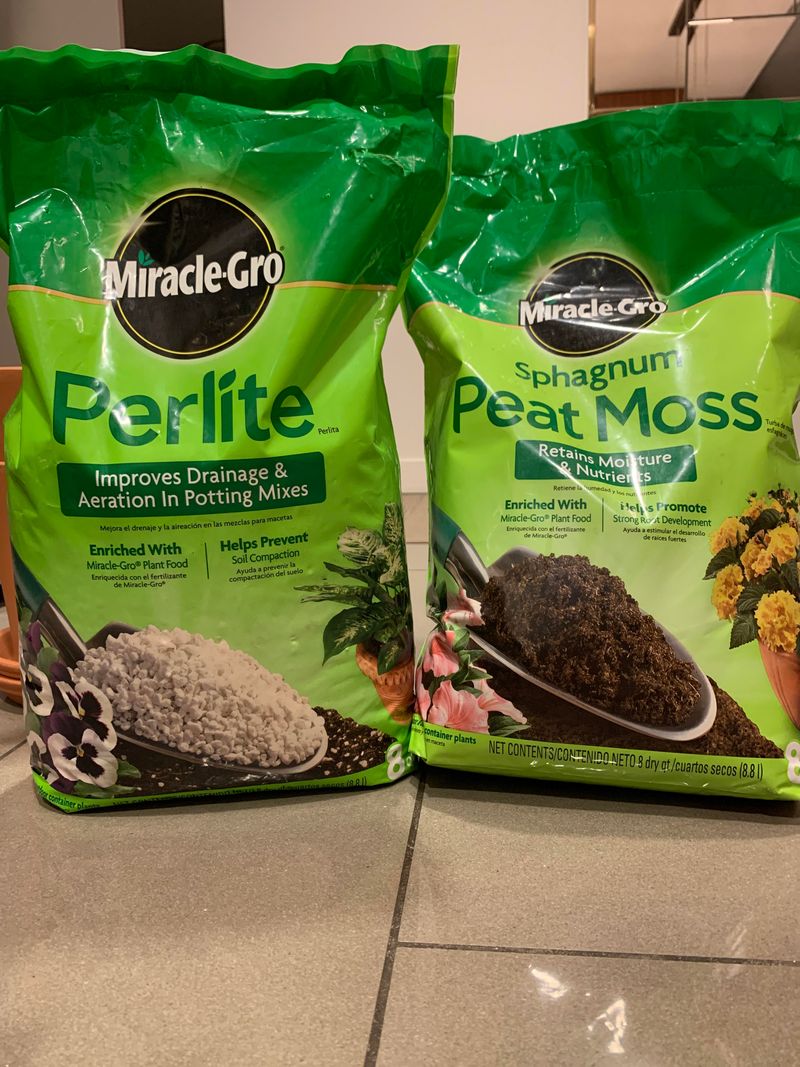
Those bright blue crystals might seem magical, but they’re mostly just overpriced synthetic fertilizer. The quick-release nutrients give plants an initial boost but can actually harm soil microbes long-term.
Most plants do better with slow, steady nutrition rather than these chemical surges. For the price of one bag, you could buy enough ingredients to make several times more organic fertilizer that works better and lasts longer.
2. Mycorrhizal Fungi Products
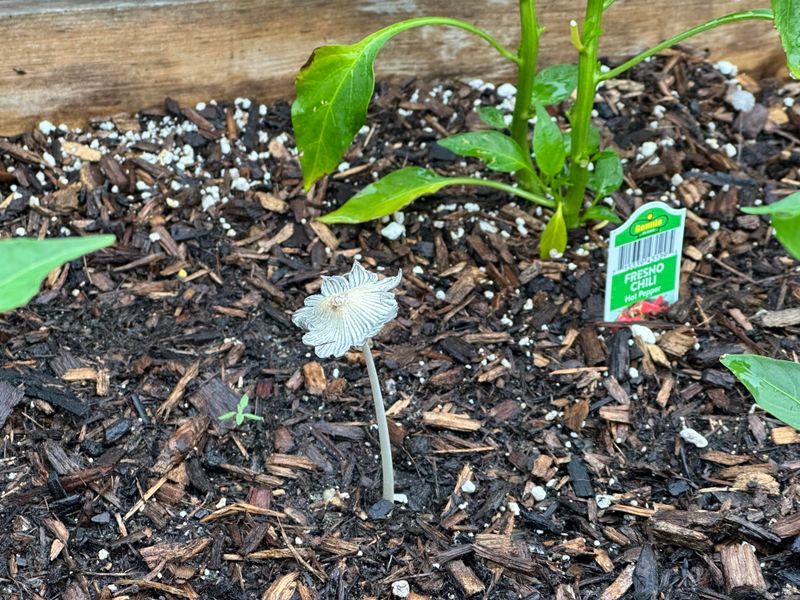
Beneficial fungi already exist in healthy soils, making these bottles of mycorrhizal inoculants unnecessary for most gardens. Manufacturers charge premium prices for something nature provides for free.
The fungi in these products often die before they can establish. Your money is better spent on compost which naturally contains these beneficial organisms along with many other advantages that support your soil’s ecosystem.
3. Worm Casting Tea
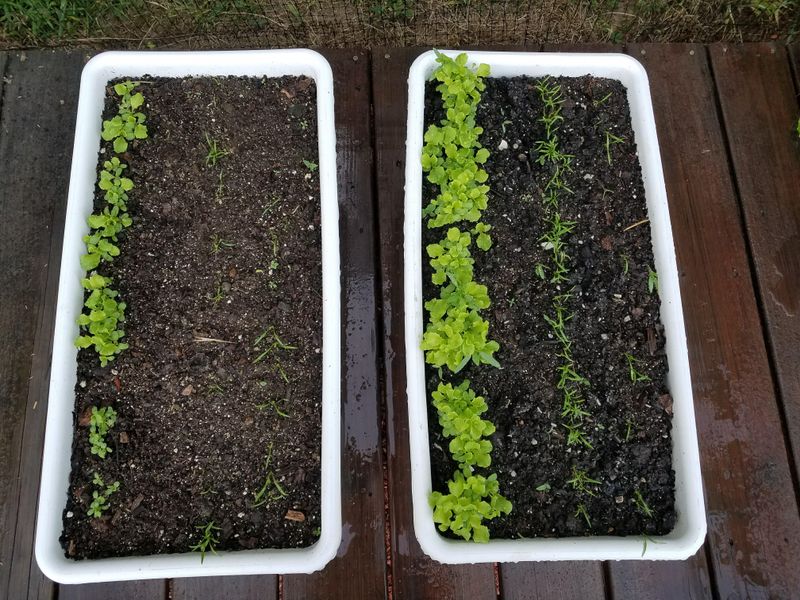
While worm castings themselves are valuable, the bottled “teas” sold at premium prices offer minimal benefits. These products often contain just traces of nutrients that have been diluted in water.
The living microbes that make fresh worm tea beneficial usually die during processing and storage. You’re essentially paying for expensive brown water. Using actual worm castings directly in your soil provides far more nutrition and microbial benefits.
4. Crystal Soil Water Beads
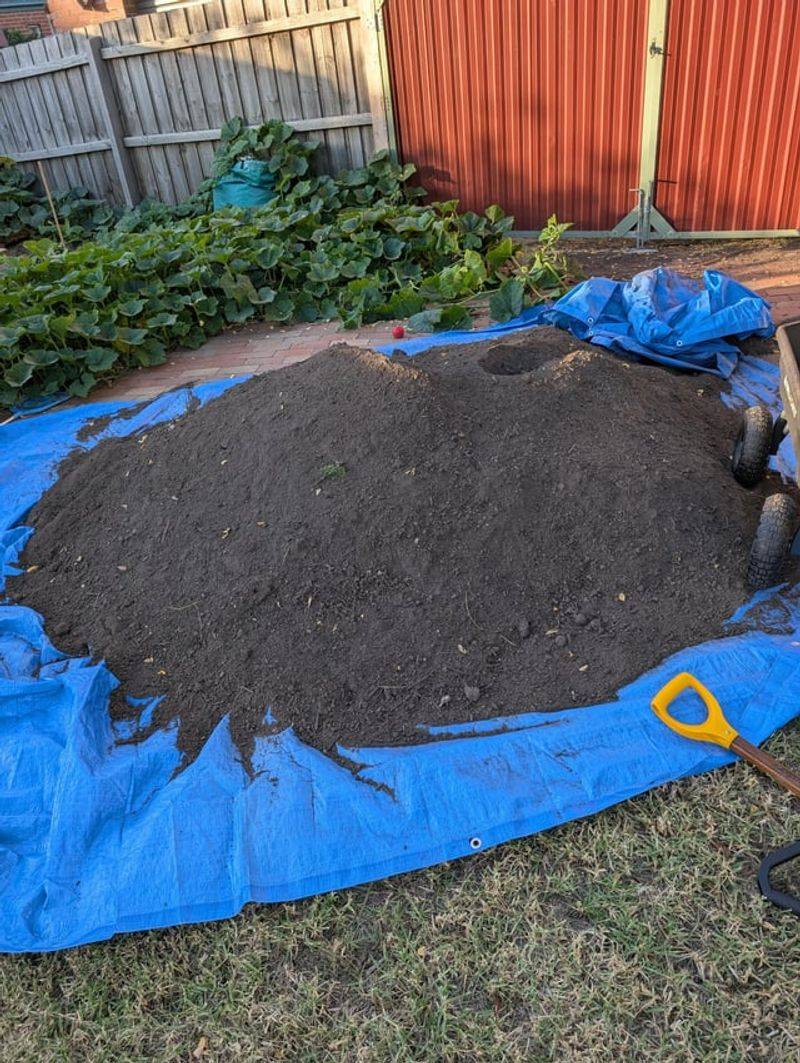
These colorful polymer beads claim to retain water for plants, but they break down quickly in soil and can leave behind potentially harmful residues. The water-holding capacity rarely justifies their cost.
Plants actually develop stronger root systems when they experience slight drought stress between waterings. For better water retention, mulch with organic materials like wood chips or straw, which improve soil structure while adding nutrients as they break down.
5. Pre-packaged Potting Mix
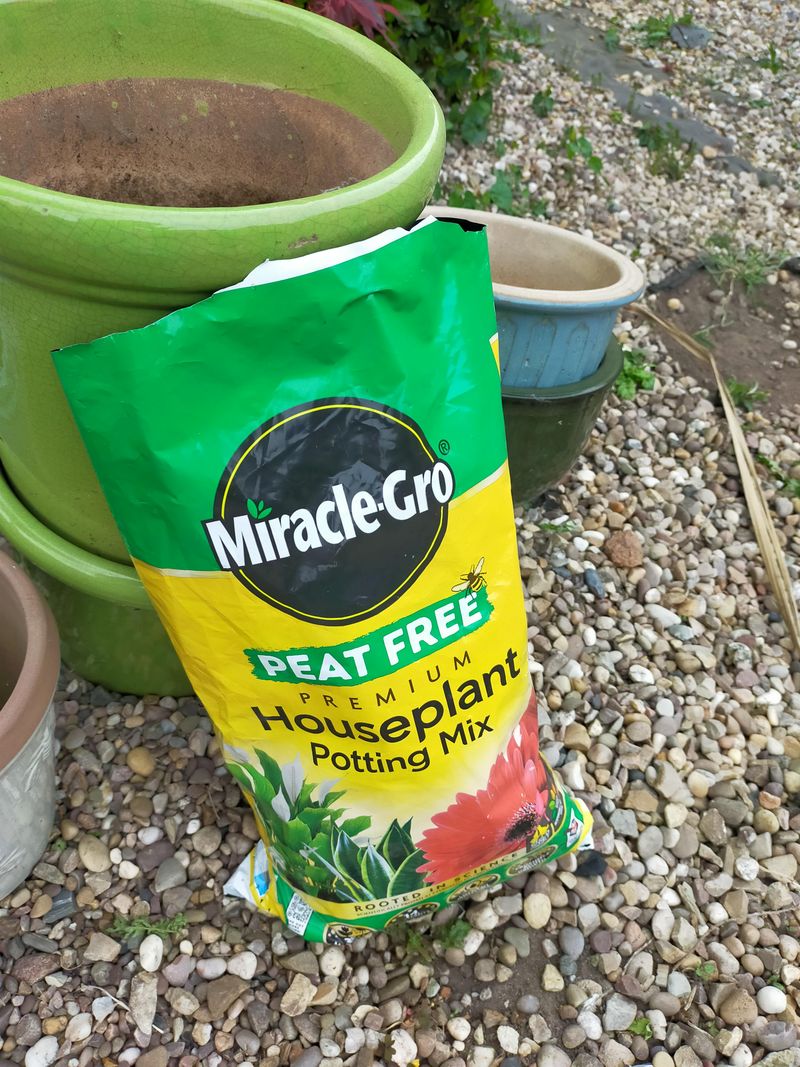
Those bags of designer potting soil with fancy packaging cost several times what basic ingredients would. Many contain fillers like bark that decompose quickly, causing soil to compact within months.
The “moisture control” versions often contain chemicals that can become problematic over time. Making your own mix with equal parts compost, vermiculite, and peat or coco coir saves money and creates a superior growing medium that lasts longer.
6. Epsom Salt
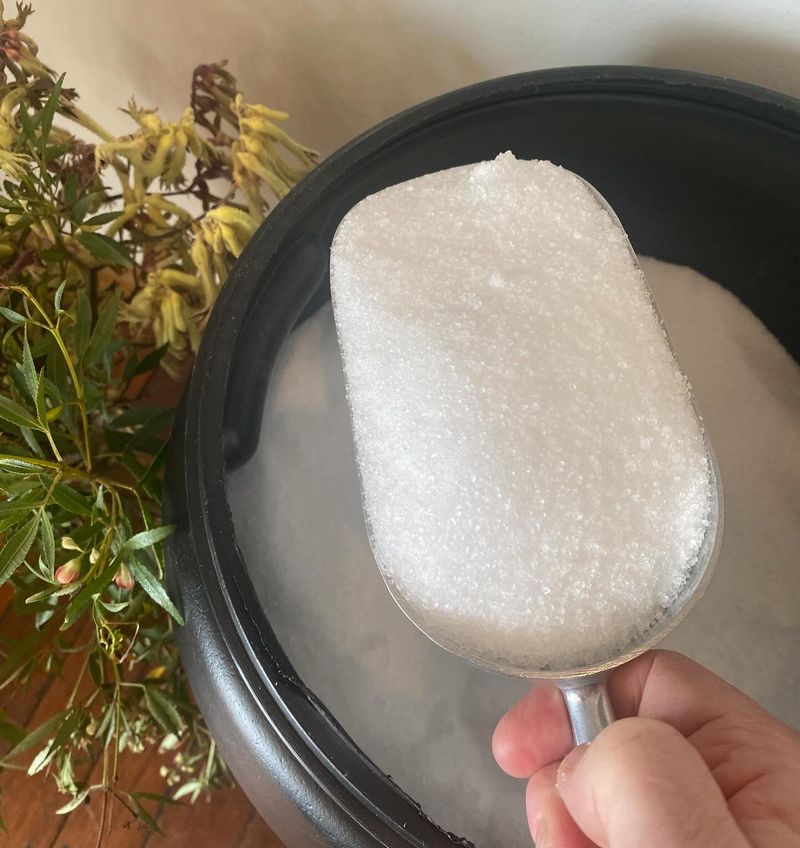
Garden blogs recommend Epsom salt for everything from tomatoes to roses, but most gardens don’t need extra magnesium sulfate. Adding it unnecessarily can create nutrient imbalances that harm plants rather than help them.
Unless a soil test specifically shows magnesium deficiency, skip this trendy addition. Most complete organic fertilizers already contain appropriate magnesium levels. Save your Epsom salt for a relaxing bath instead of wasting it on plants that don’t need it.
7. Bone Meal
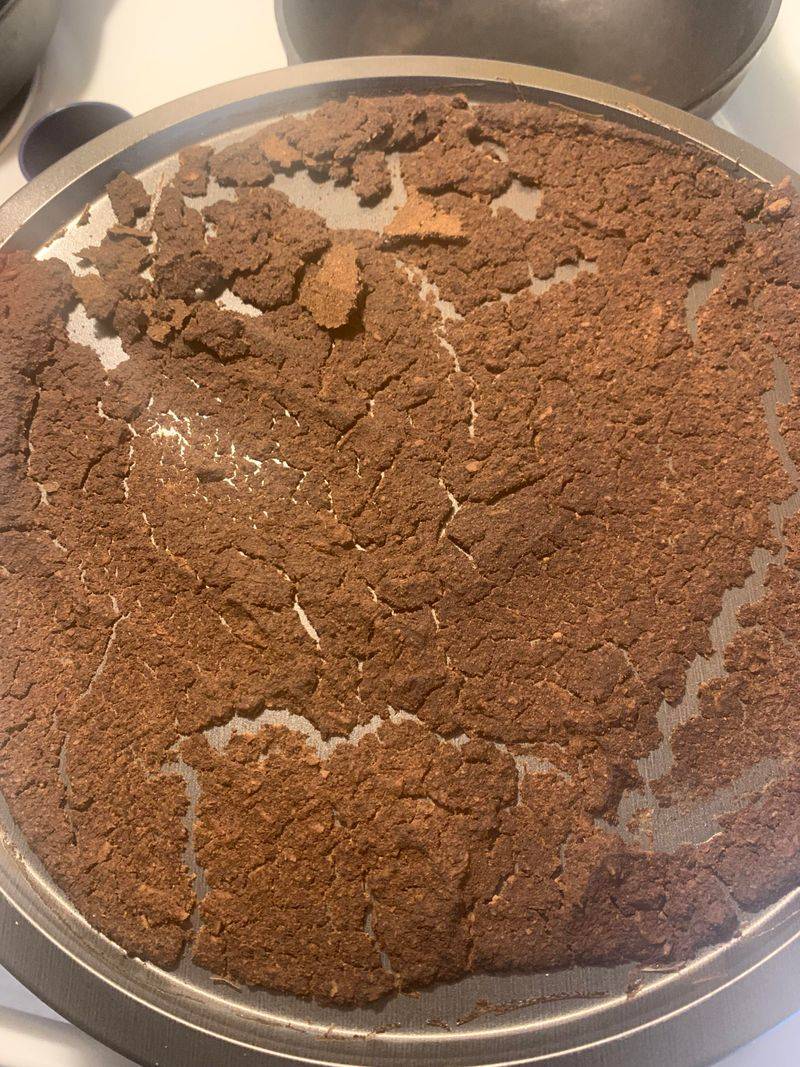
This traditional amendment is vastly overpriced for the phosphorus it provides. Modern soils rarely lack phosphorus—in fact, many have too much from years of over-fertilization.
Excess phosphorus blocks plants from absorbing other nutrients and can pollute waterways. A soil test almost always reveals you don’t need additional phosphorus. When you do, there are more complete and cost-effective organic options available.
8. Humic Acid Products
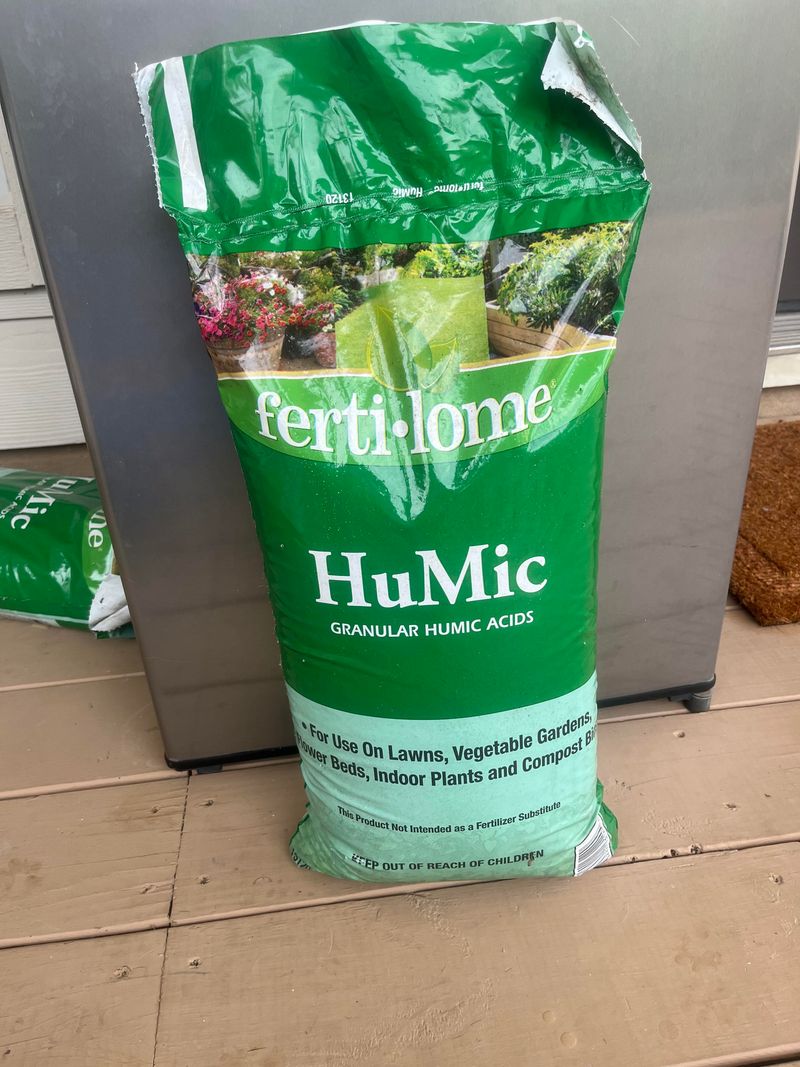
Bottles of humic acid solutions are marketed as soil saviors, but they’re essentially concentrated compost tea sold at astronomical markups. The amounts in these products are too small to make meaningful soil improvements.
Regular additions of compost naturally provide humic acids along with countless other benefits. Your wallet and plants will be happier if you invest in quality compost instead of these expensive extracts that provide only one component of what makes healthy soil.
9. Coconut Coir Bricks
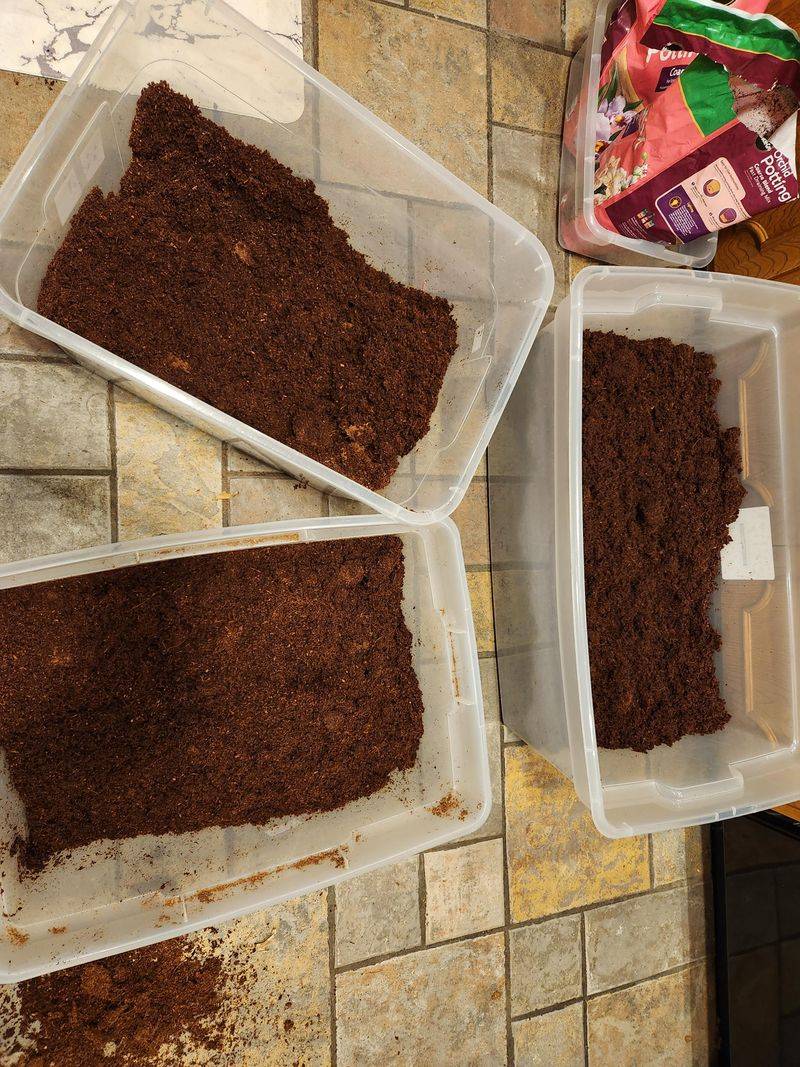
While coco coir is environmentally friendlier than peat, the premium-priced bricks marketed to home gardeners come with a hefty markup. The transportation carbon footprint often negates environmental benefits since it’s shipped from tropical regions.
Coir contains no nutrients and requires fertilizer additions to support plants. Local compost provides similar moisture retention with added nutrients at a fraction of the cost, making those compressed bricks a luxury rather than a necessity for most gardening applications.
10. Biochar
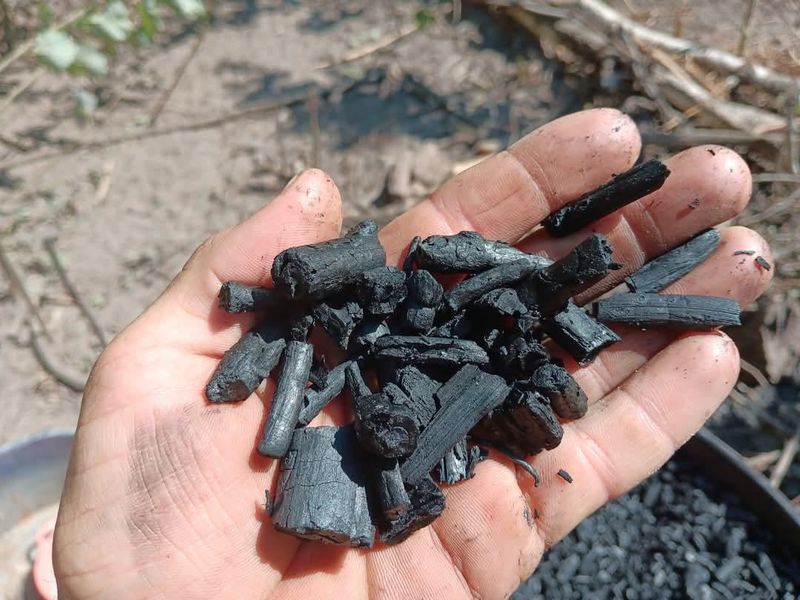
Despite the hype about carbon sequestration, most commercial biochar is overpriced and underwhelming in garden applications. The carbon-rich material needs extensive preparation before it benefits plants, something marketing rarely mentions.
Raw biochar can actually temporarily reduce nitrogen availability to plants. Unless you’re committed to a specific soil rehabilitation project, the high cost of quality biochar rarely justifies the modest benefits for home gardeners compared to traditional organic matter additions.
11. Diatomaceous Earth
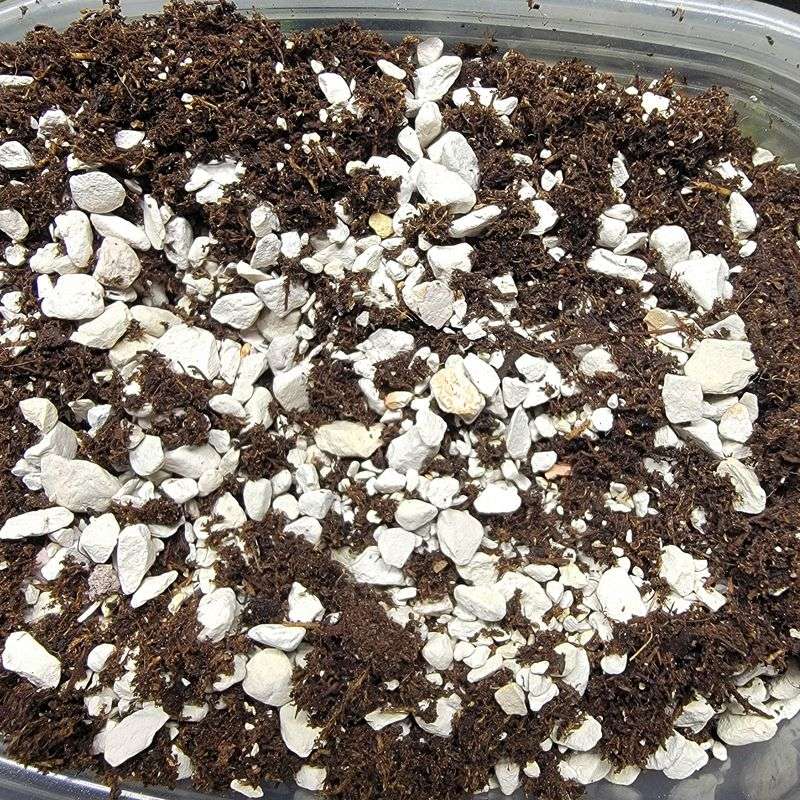
Food-grade diatomaceous earth sells at premium prices for garden use, but its benefits as a soil amendment are minimal. It’s primarily useful as a pest deterrent, not for improving soil structure or fertility.
The silica content that supposedly strengthens plants is barely bioavailable. Most gardens already contain sufficient silica naturally. For pest control, it requires constant reapplication after rain, making it an expensive ongoing treatment compared to preventative organic gardening practices.
12. Liquid Seaweed Extract
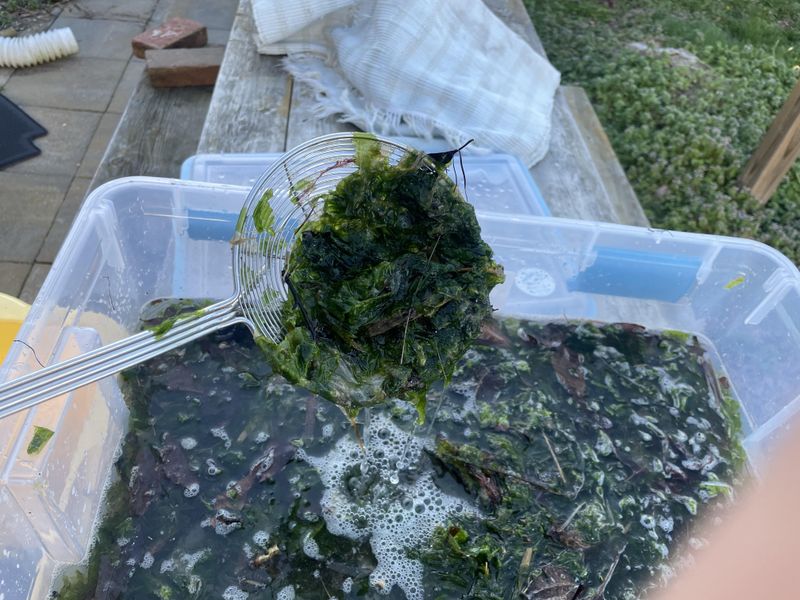
Those tiny bottles of seaweed extract come with eye-watering price tags for what’s essentially diluted ocean plants. While seaweed contains beneficial plant hormones, the processing and dilution in commercial products significantly reduce effectiveness.
Many gardeners report no noticeable difference when using these products. For coastal dwellers, collecting and composting actual seaweed provides far more benefits at zero cost. For inland gardeners, complete organic fertilizers offer better value and more consistent results.
13. Soil Acidifiers
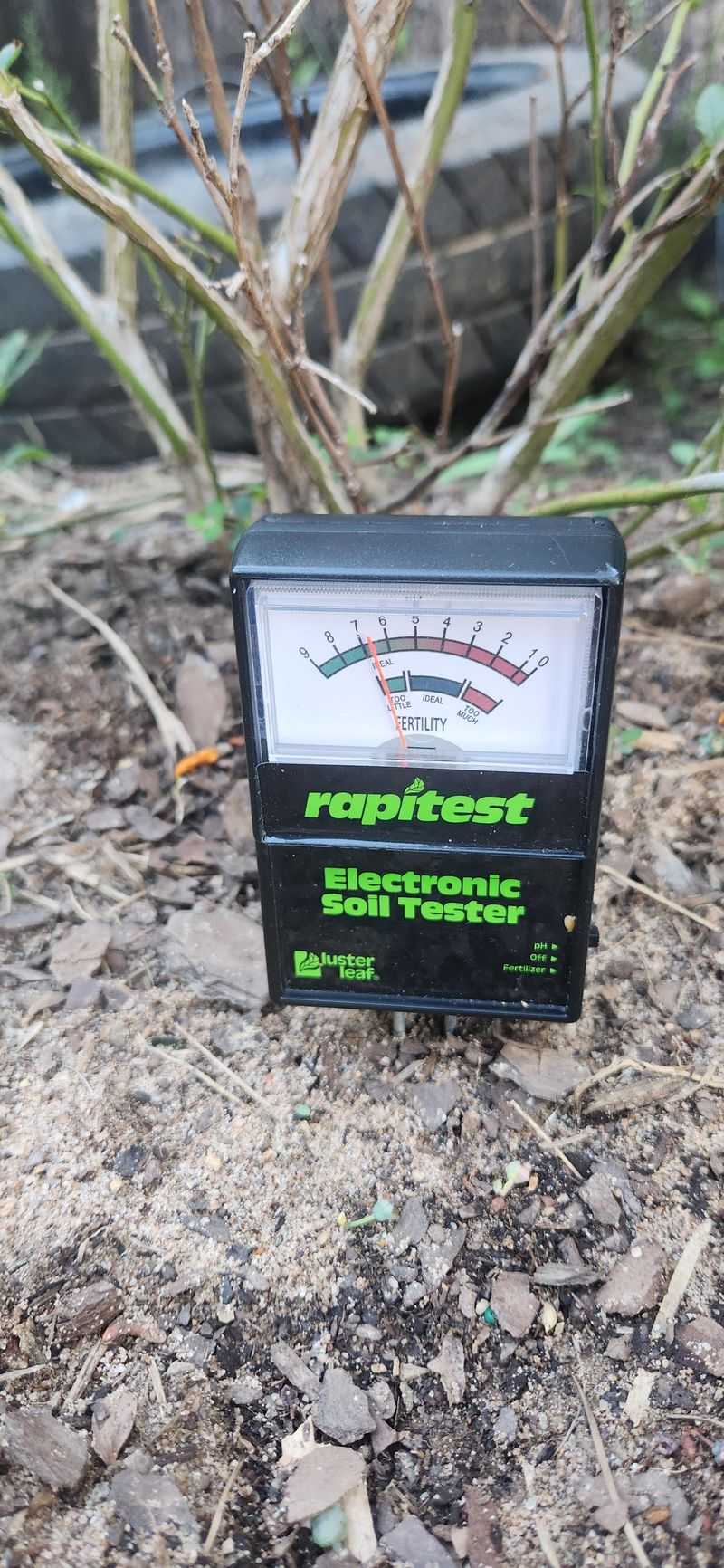
Boxed soil acidifiers target blueberry and rhododendron growers, but they’re overpriced for what’s typically aluminum sulfate or sulfur. These chemicals work temporarily before soil naturally buffers back to its original pH.
Creating lasting acidity requires ongoing applications that can harm soil microbes. For acid-loving plants, it’s more cost-effective to use naturally acidic materials like pine needles, oak leaves, or coffee grounds regularly. Better yet, choose plants that match your existing soil pH.
14. Rock Dust
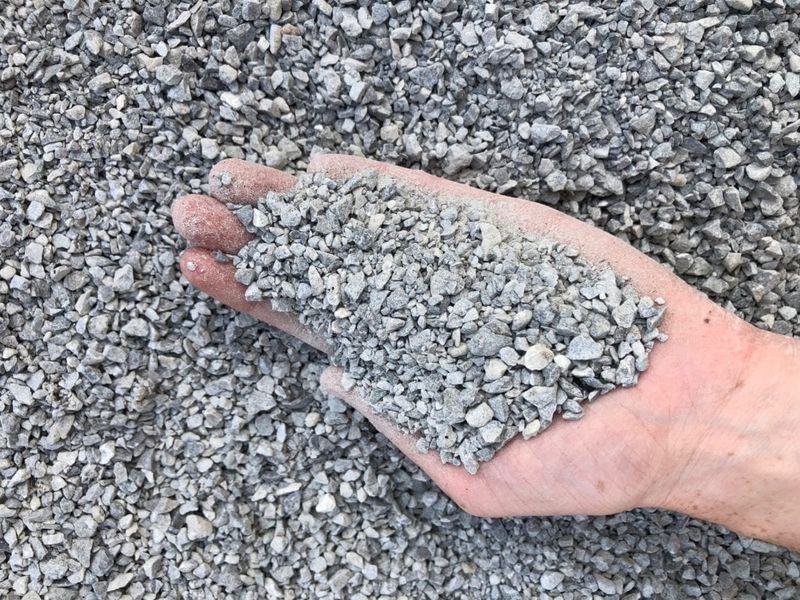
Garden centers charge premium prices for bags of volcanic or glacial rock dust that claim to remineralize soil with trace elements. While not harmful, these products rarely deliver results proportionate to their cost.
Most soils already contain adequate mineral levels, and the elements in rock dust release extremely slowly. Local topsoil or compost typically provides similar mineral content at a fraction of the price, along with organic matter that improves soil structure and supports beneficial microorganisms.
15. Compost
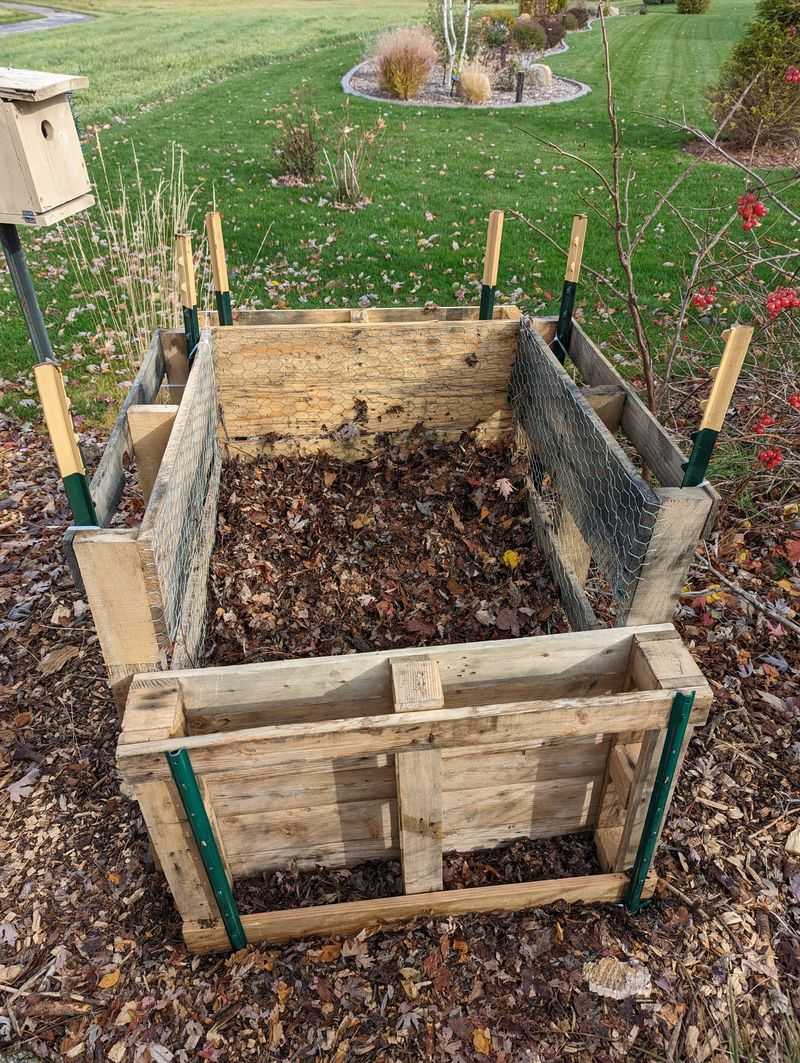
Unlike pricey amendments, quality compost delivers remarkable value by improving soil structure, adding slow-release nutrients, and boosting beneficial microorganisms. It’s nature’s complete soil conditioner.
Even store-bought compost costs less than specialty amendments while providing more benefits. Making your own from kitchen scraps and yard waste is essentially free. Just a 1-2 inch layer worked into garden beds annually transforms poor soil into productive ground.
16. Mulch
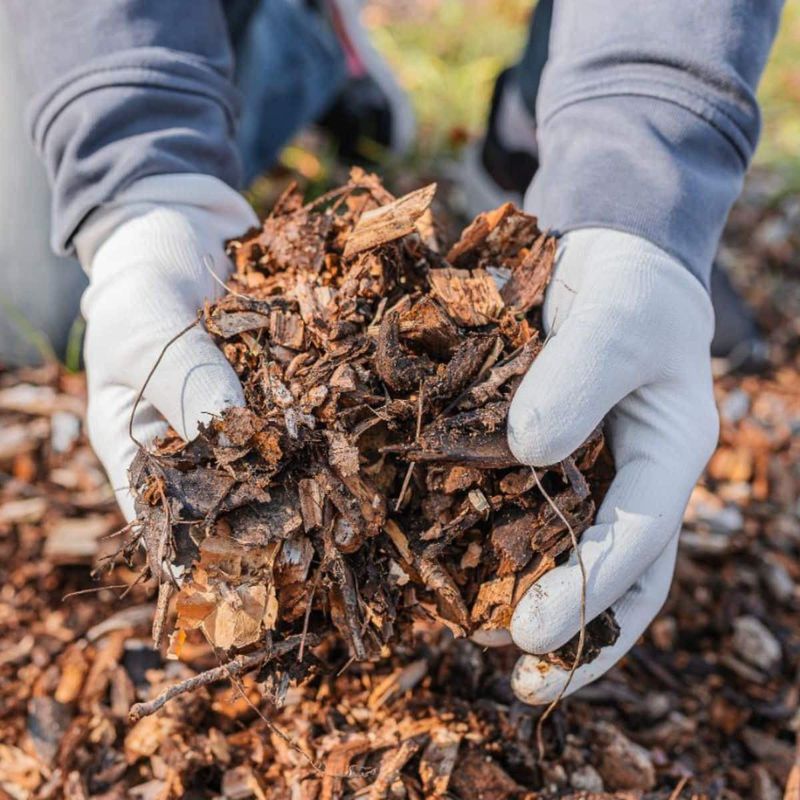
Simple organic mulches like wood chips, straw, or shredded leaves provide exceptional value compared to bottled soil products. They suppress weeds, conserve moisture, and moderate soil temperature fluctuations that stress plants.
As mulch breaks down, it adds organic matter to soil gradually. Many municipalities offer free wood chip mulch from tree trimming operations. Even purchased mulch costs far less than specialty amendments while providing multiple benefits that improve plant health and reduce maintenance.
17. Cover Crops
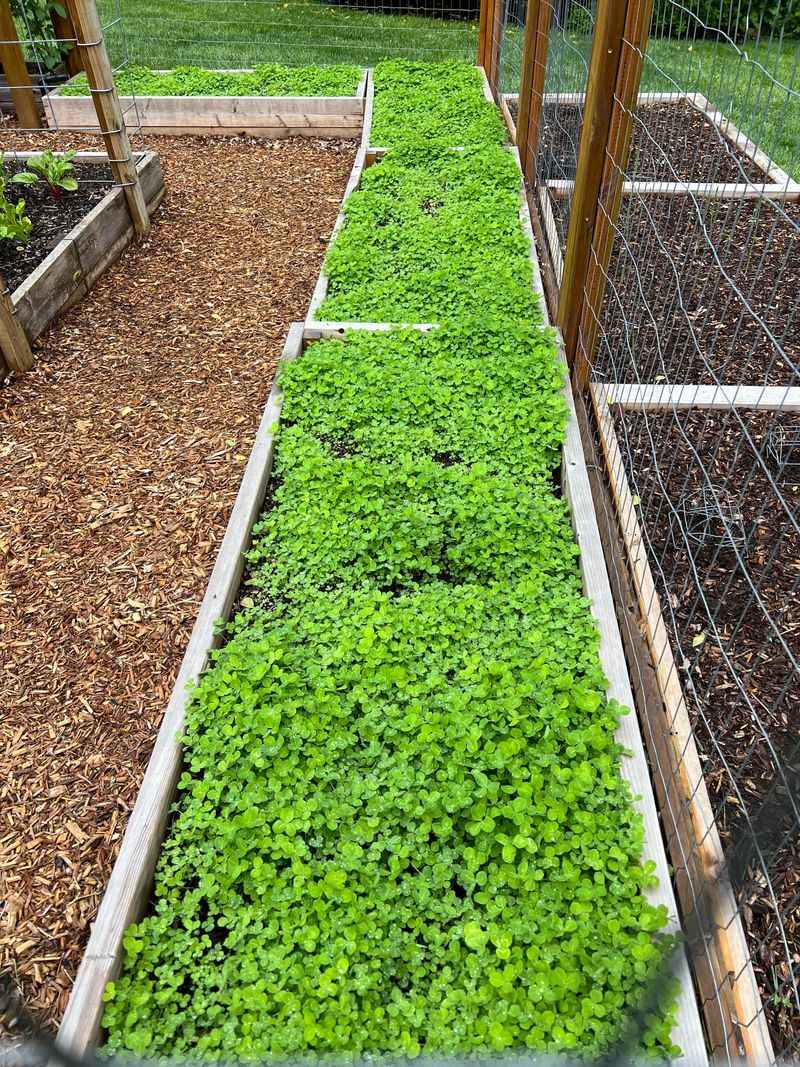
Seeds for cover crops like clover, buckwheat, or winter rye cost mere pennies compared to packaged soil amendments yet provide remarkable benefits. These working plants prevent erosion, suppress weeds, and add organic matter when turned into soil.
Legume cover crops like clover and vetch actually add nitrogen to soil through bacterial partnerships. A $3 packet of cover crop seeds can improve an entire garden bed more effectively than $30 worth of commercial soil additives, making them one of gardening’s best values.

